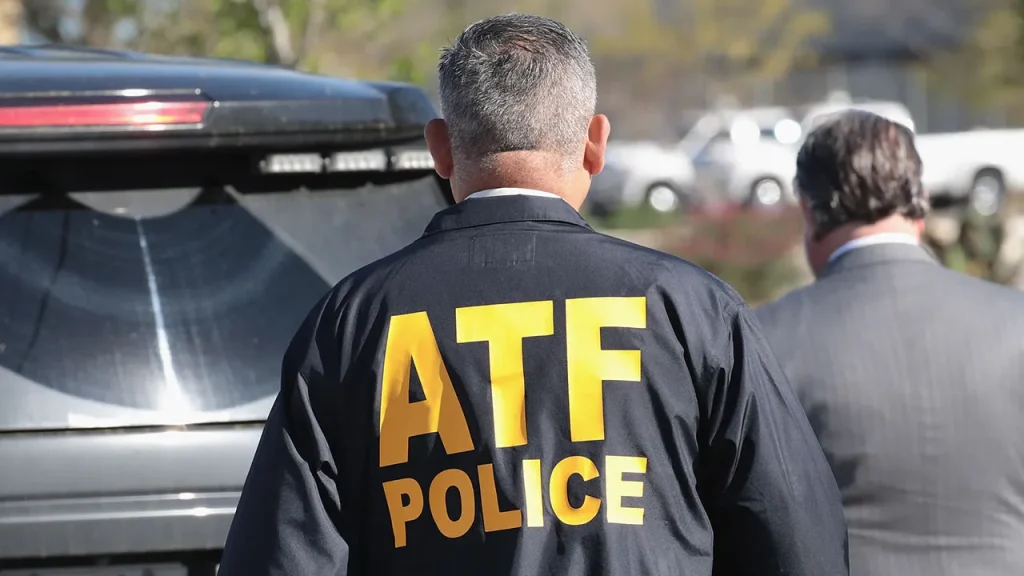The states of West Virginia and Montana, along with 25 others, filed an amicus brief with the Supreme Court urging the court to reconsider the Biden administration’s new rule expanding the definition of a firearm to include gun parts like frames and receivers. The states argued that this rule represents an overreach by the Bureau of Alcohol, Tobacco, Firearms and Explosives (ATF), and criticized the agency for erasing ordinary meaning, ignoring comments, and ignoring the real-world consequences of its actions. West Virginia Attorney General Patrick Morrisey stated that states must step in to prevent federal overreach and criticized the Biden administration for using bureaucratic agencies to act as legislators instead of enforcing laws passed by Congress.
Attorney General Morrisey and Montana Attorney General Austin Knudsen both expressed concerns about the new rule’s impact on Americans’ Second Amendment rights, with Knudsen calling it a “blatant attack” on the right to keep and bear arms. They argued that Congress, not the ATF or the courts, should be the ones deciding policy and addressing risks associated with firearms. Morrisey accused the Biden administration of using the ATF to further its anti-Second Amendment agenda, and vowed to fight against federal overreach to protect the rights of citizens in their respective states.
A federal judge previously issued a preliminary injunction against the new ATF rule, siding with plaintiff Jennifer VanDerStok, who argued that the right to craft and customize firearms is protected under the Second Amendment. The Supreme Court later issued a stay against the injunction, allowing the rule to remain in effect while the case is being litigated. Critics have also alleged that the ATF rule misinterprets the Gun Control Act of 1968, and the full bench of the Supreme Court has agreed to hear the case in the future. The Justice Department declined to comment on the matter, and the ATF did not respond to inquiries.
The filing of the amicus brief by the states of West Virginia, Montana, and others highlights the ongoing debate surrounding gun regulations and the limits of federal agencies like the ATF in defining firearms. Critics argue that the new rule represents an overstep by the Biden administration and infringes on Americans’ Second Amendment rights, while supporters believe it is necessary for public safety and to prevent the proliferation of so-called “ghost guns.” The Supreme Court’s decision on this case will likely have far-reaching implications for gun owners and the firearm industry as a whole.
The involvement of state attorneys general in challenging federal regulations like the new ATF rule underscores the ongoing tensions between federal and state governments over issues such as gun control. As states like West Virginia and Montana push back against what they perceive as federal overreach, the role of states in shaping laws and policies on issues like firearms will continue to be a point of contention. The outcome of this case before the Supreme Court could set important precedents for future conflicts between state and federal authorities on gun-related regulations.


